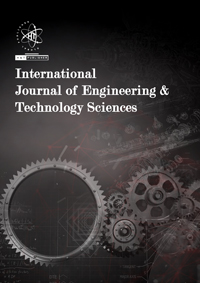


Background: Understanding stakeholder perspectives on socioemotional well-being (SEWB) in engineering faculties of Nigerian federal polytechnics is crucial for fostering conducive and supportive learning environment that contributes to overall success of the polytechnics. This study explores stakeholder perspectives on six SEWB dimensions in five federal polytechnics (Bali, Bauchi, Damaturu, Kaltungo, and Mubi) in Northeast Nigeria. Methodology: Cross-sectional survey design was employed. The data collected from 260 respondents (academic staff, management staff, non-academic staff, and students) were analysed using the Kruskal-Wallis test and Dunn’s post hoc analysis with Bonferroni and Holm corrections. Results: No significant differences were found in stakeholder perceptions of SEWB dimensions across groups. However, variations were observed across institutions for positive relationships (?²(4) = 12.374, p = 0.015) and borderline differences in resilience (?²(4) = 8.456, p = 0.076). Moderate effect sizes were found for certain pairings, indicating practical significance. Discussion: Findings suggest that while stakeholders share common understandings of SEWB dimensions, unique polytechnic context plays a crucial role in shaping perceptions of positive relationships. This refines stakeholder theory’s assumption of distinct stakeholder views and highlights the need for tailored interventions to address specific relational challenges in each polytechnic. Conclusion: The study contributes to the literature on SEWB in Nigerian polytechnics, highlighting the need for context-specific interventions to enhance SEWB in polytechnic environments. Future research should explore the reasons behind variations in positive relationships and explore the factors influencing SEWB perceptions.